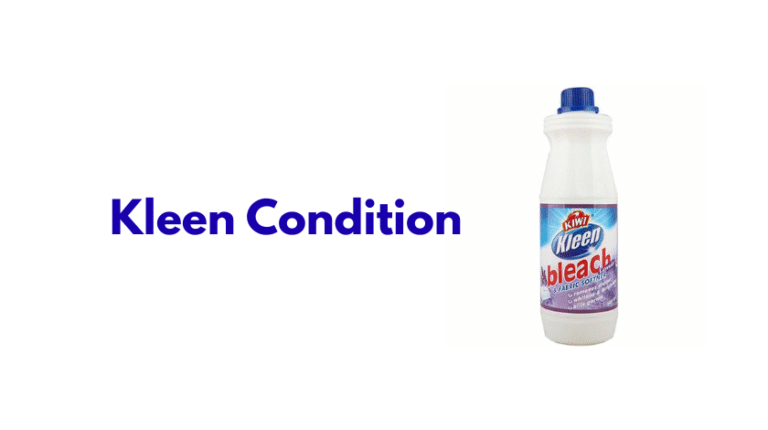In formal language theory, the Kleen Condition is a fundamental concept related to regular languages and their closure properties. Named after Stephen Cole Kleene, a pioneering mathematician in the field of theoretical computer science, the Kleene Condition is often associated with the Kleene star (or closure) operation and the properties of regular languages. This article explores the Kleene Condition, its significance in automata theory, and its applications in computer science.
What is the Kleene Condition?
The Kleene Condition refers to the closure of a language under the Kleene star operation. A language ( L ) over an alphabet ( \Sigma ) is a set of strings formed from symbols in ( \Sigma ). The Kleene star, denoted ( L^* ), is the set of all possible strings obtained by concatenating zero or more strings from ( L ), including the empty string ( \epsilon ). Formally:
[ L^* = { \epsilon } \cup L \cup L^2 \cup L^3 \cup \dots ]
where ( L^n ) represents the set of strings formed by concatenating ( n ) strings from ( L ).
The Kleene Condition emphasizes that if ( L ) is a regular language, then ( L^* ) is also a regular language. This is a key closure property of regular languages, alongside union, concatenation, and complementation.
Significance in Formal Language Theory
The Kleene Condition is significant because it ensures that regular languages are closed under the Kleene star operation. This property is crucial in the design and analysis of finite automata, regular expressions, and context-free grammars. It allows for the construction of complex regular languages from simpler ones, enabling the modeling of repetitive or iterative processes in computational systems.
Key Properties of Regular Languages
Regular languages are defined by their ability to be recognized by deterministic finite automata (DFA), nondeterministic finite automata (NFA), or regular expressions. The Kleene Condition is a cornerstone of the following closure properties:
-
Union: If ( L_1 ) and ( L_2 ) are regular languages, then ( L_1 \cup L_2 ) is regular.
-
Concatenation: If ( L_1 ) and ( L_2 ) are regular languages, then ( L_1 \cdot L_2 ) is regular.
-
Kleene Star: If ( L ) is a regular language, then ( L^* ) is regular.
-
Complementation: If ( L ) is a regular language, then its complement ( \Sigma^* \setminus L ) is regular.
The Kleene Condition specifically addresses the Kleene star, ensuring that iterative constructs (like loops or repetitions) in regular expressions remain within the realm of regular languages.
Applications of the Kleene Condition
The Kleene Condition has practical applications in various areas of computer science, including:
-
Compiler Design: Regular expressions, which rely on the Kleene star, are used to define the lexical structure of programming languages. The Kleene Condition ensures that patterns like repeated tokens (e.g., identifiers or whitespace) can be modeled as regular languages.
-
Pattern Matching: Tools like grep and text editors use regular expressions to search for patterns in text, leveraging the Kleene star for matching zero or more occurrences of a substring.
-
Automata Theory: The Kleene Condition is used in the construction of NFAs and DFAs to recognize languages that involve iterative patterns, such as in network protocol analysis or data validation.
-
Formal Verification: In verifying properties of systems, the Kleene Condition helps model behaviors that repeat indefinitely, such as in state machines or process algebras.
Example of the Kleene Condition
Consider a language ( L = { a, b } ) over the alphabet ( \Sigma = { a, b } ). The Kleene star ( L^* ) includes:
-
The empty string ( \epsilon ).
-
Single symbols: ( a, b ).
-
Concatenations: ( aa, ab, ba, bb, aaa, aab, \dots ).
Since ( L ) is a regular language (it can be recognized by a simple DFA), the Kleene Condition guarantees that ( L^* ) is also regular. A regular expression for ( L^* ) is ( (a|b)^* ), and an NFA can be constructed to recognize it.
Conclusion
The Kleene Condition is a foundational principle in formal language theory, ensuring that regular languages remain closed under the Kleene star operation. This property is essential for constructing and analyzing regular languages, enabling the modeling of iterative patterns in computational systems. From compiler design to pattern matching, the Kleene Condition underpins many practical applications in computer science. By guaranteeing that ( L^* ) is regular for any regular language ( L ), it provides a robust framework for reasoning about the structure and behavior of languages in automata theory.


